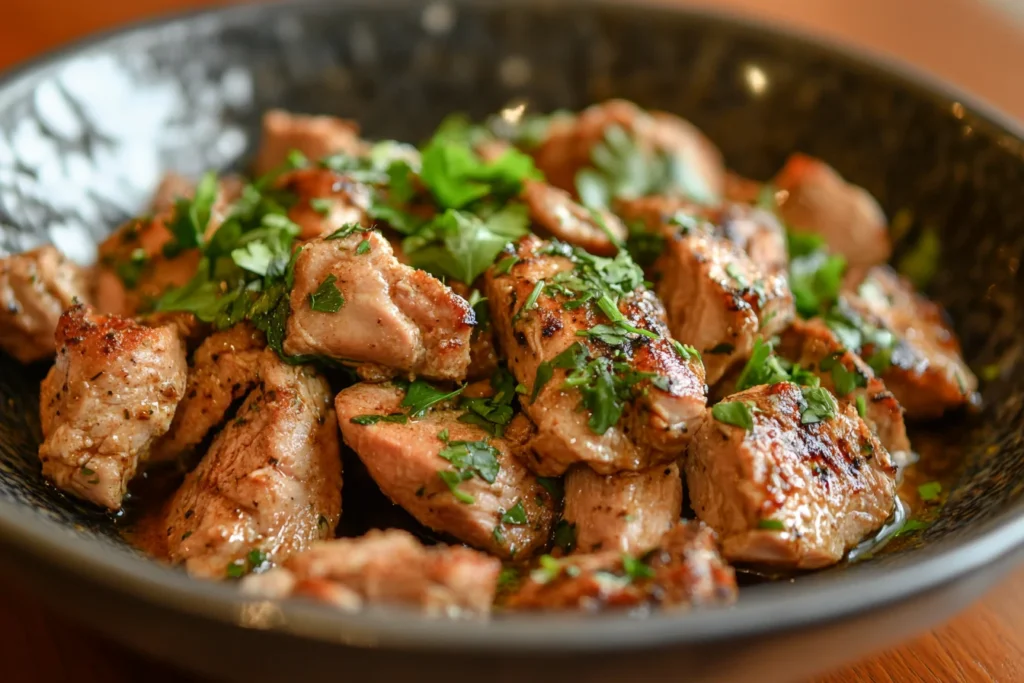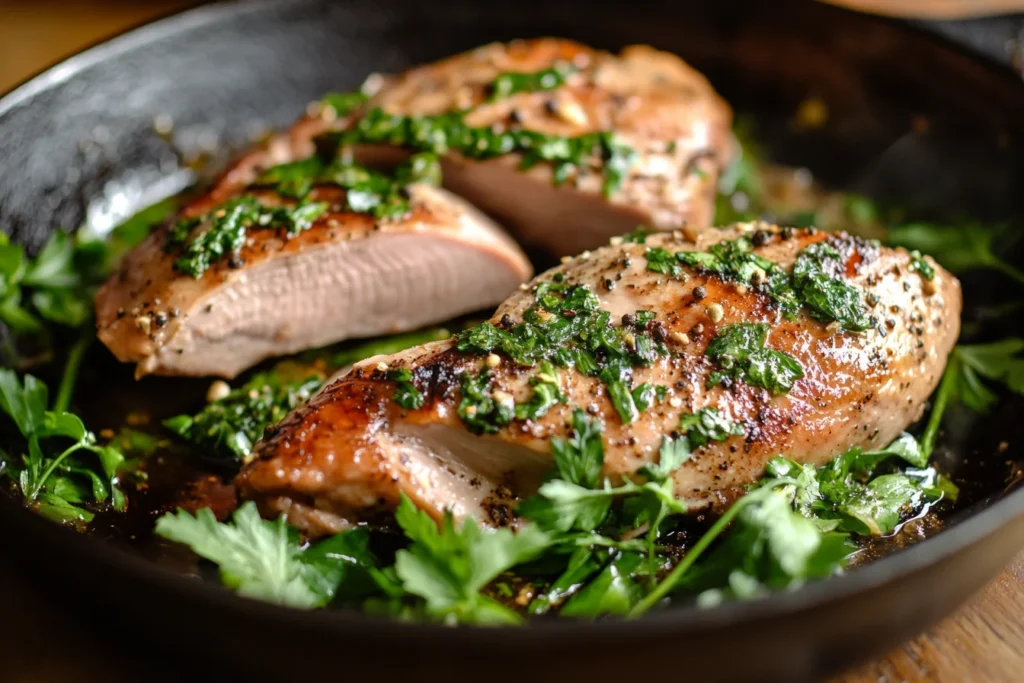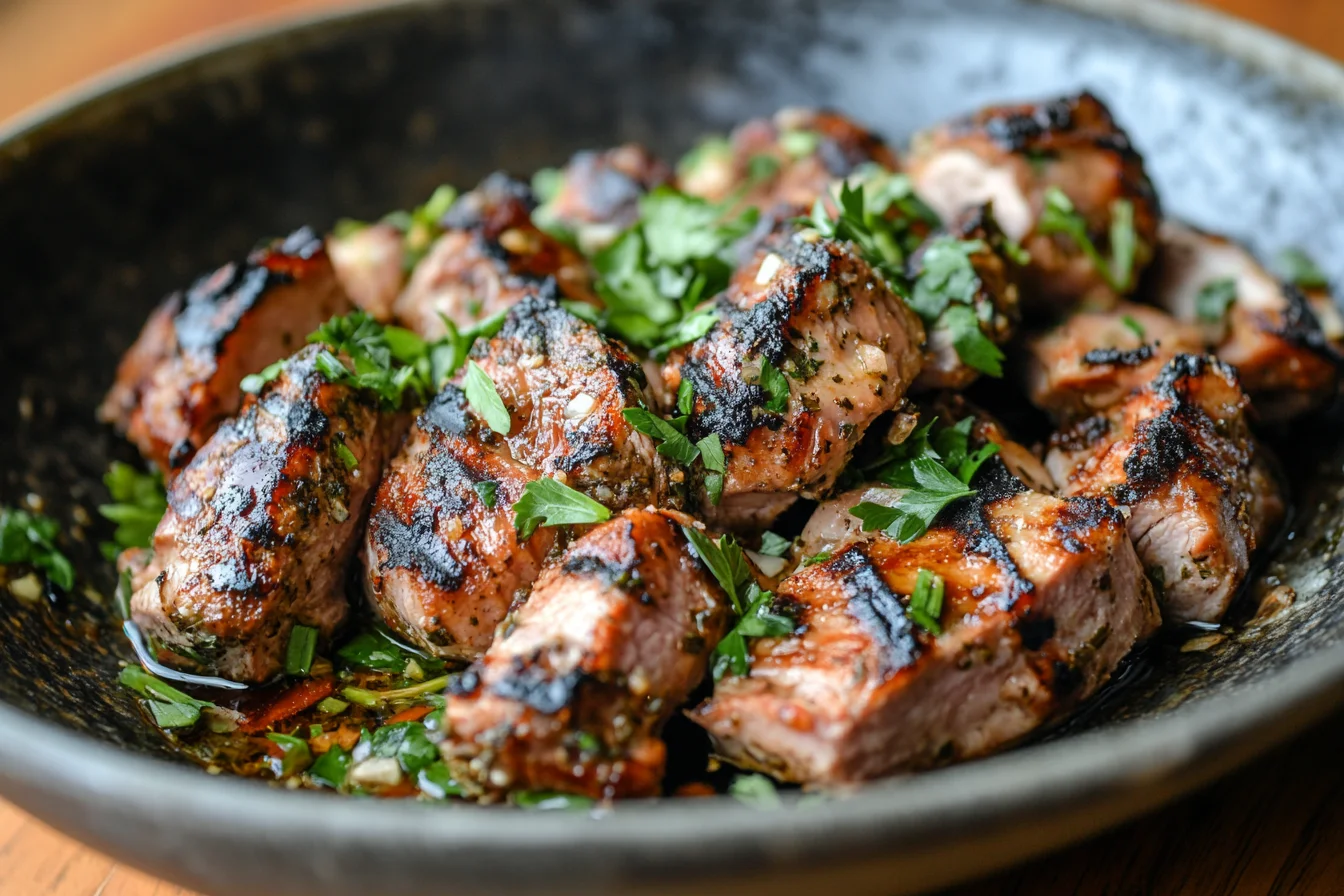Are wild turkeys good to eat? This question often pops into the minds of those curious about hunting, sustainability, or just wanting to explore different culinary experiences. Unlike their domesticated counterparts, wild turkeys offer a distinct flavor and unique cooking experience that some find absolutely rewarding. But what exactly makes wild turkeys a good choice for a meal? In this detailed article, we will explore every aspect of cooking, eating, and enjoying wild turkeys, while addressing some frequently asked questions that might also be lingering in your mind.
Table of Contents
Understanding Wild Turkey Meat: A Unique Experience
Wild turkeys are different from the turkeys you typically see in grocery stores. They roam freely, forage for natural foods, and have leaner muscles compared to the farm-raised varieties. These attributes directly affect the quality and flavor of the meat. But are wild turkeys good to eat? Well, it depends on how you appreciate a truly natural flavor, and how you prepare it.
Flavor Differences Between Wild and Farm-Raised Turkeys
Wild turkeys have a distinctly different flavor from farm-raised ones. While domesticated turkeys are bred for tenderness and mild flavor, wild turkeys have a more intense, gamey taste. This gaminess comes from their diet of acorns, insects, and other natural foods. This can be a positive or negative factor depending on your taste preferences. If you enjoy richer, more flavorful meat, then wild turkeys are definitely worth considering.
Another important thing to note is that wild turkeys are quite lean compared to their farmed relatives. This means the cooking method you choose can make or break the final taste and texture of the meat. Poorly cooked wild turkey can easily become tough and dry, whereas well-prepared meat can be a delicious addition to your dinner table.
Nutritional Benefits of Eating Wild Turkey

Wild turkeys offer a range of nutritional benefits. They are lower in fat compared to farm-raised varieties, which is great for those trying to eat leaner protein sources. Wild turkeys also contain a good amount of protein, vitamins B6 and B12, and minerals like zinc and selenium. Here are some of the nutritional highlights:
- High Protein Content: Wild turkey meat is a rich source of protein, providing essential amino acids for muscle growth and repair.
- Low Fat: Since they are lean, wild turkeys are perfect for a low-fat diet, especially for those avoiding saturated fats.
- Rich in Micronutrients: Vitamins such as B6 and B12 and minerals like zinc help maintain the immune system and metabolism.
How to Hunt and Harvest Wild Turkey
Hunting Techniques for Wild Turkey
Hunting wild turkeys is a popular activity that requires skill and patience. Wild turkeys are known for their sharp eyesight and cautious behavior, making them a challenging game animal to hunt. Here are some common techniques for hunting wild turkeys:
- Calling: Using turkey calls to mimic the sounds of hens or gobblers can lure turkeys closer. This method requires practice to master the different types of calls.
- Camouflage: Wild turkeys have excellent vision, so wearing camouflage clothing and blending into the surroundings is crucial. Ensure you cover your face and hands as well.
- Scouting: Before the hunting season, it’s important to scout the area to locate where turkeys are roosting and feeding. Knowing their daily patterns will increase your chances of a successful hunt.
Safety Considerations When Hunting
Safety should always be a top priority when hunting wild turkeys. Here are some safety tips to keep in mind:
- Identify Your Target: Always make sure you have a clear view of your target before shooting. Never shoot at movement or sounds without positive identification.
- Wear Hunter Orange: When moving between hunting locations, wear hunter orange to make yourself visible to other hunters.
- Avoid Stalking Calls: Do not try to stalk a turkey call, as it could be another hunter. Instead, stay in one position and call the turkeys to you.
Cooking Wild Turkey: Tips and Tricks

The key to enjoying wild turkey lies in how it’s cooked. Due to its lean nature, it is prone to drying out if not handled properly. Here are some tips to ensure your wild turkey is cooked to perfection:
- Brining: Brining is a must for wild turkeys. It helps keep the meat moist and adds flavor to otherwise lean portions.
- Slow Cooking: Wild turkey benefits from slow cooking methods such as braising, roasting at low temperatures, or cooking in a slow cooker.
- Use a Meat Thermometer: Ensure the internal temperature reaches 165°F to ensure safe consumption without overcooking.
Popular Wild Turkey Recipes
To make the most out of wild turkey meat, here are some popular recipes that bring out the best flavors:
- Wild Turkey Stew: A hearty stew that uses the legs and thighs of the turkey. Slow-cooked with vegetables and broth, this dish is perfect for colder months.
- Grilled Wild Turkey Breast: Marinated in herbs and olive oil, then grilled to perfection. This recipe keeps the breast juicy and tender.
- Wild Turkey Pot Pie: Similar to chicken pot pie, this comforting dish uses wild turkey meat combined with vegetables and a creamy sauce, all baked under a flaky crust.
The Best Parts of Wild Turkey to Eat
Different parts of the wild turkey offer different flavors and textures. Generally, the breast meat is lean and tender, while the thighs and legs are darker and have a stronger taste. Due to the muscle use of wild turkeys, the dark meat can be more flavorful but also tougher than the breast.
- Breast: The breast meat is best for those who prefer a mild flavor. It’s tender if prepared properly with enough moisture.
- Thighs and Legs: These parts are flavorful and are best for dishes like stews or slow-cooked recipes, where the connective tissues break down, leading to a delicious texture.
How to Deal with the Gamey Flavor
The distinct “gamey” flavor of wild turkey can be a turn-off for some. However, there are techniques to mitigate this:
- Marinating: A marinade of acidic components like buttermilk, vinegar, or citrus can help reduce gaminess and tenderize the meat.
- Soaking in Saltwater: Another way to mellow the flavor is by soaking the meat in saltwater or milk for a few hours before cooking.
- Complementary Herbs and Spices: Use herbs like sage, thyme, and rosemary to balance and enhance the natural flavors of the meat.
Nutritional Comparison: Wild Turkey vs. Farm-Raised Turkey
It’s important to understand how wild turkey stacks up against farm-raised turkey in terms of nutrition:
- Calories: Wild turkey is generally lower in calories due to its lean nature. A 3-ounce serving of wild turkey breast contains around 135 calories, compared to 160 calories in a farm-raised counterpart.
- Fat Content: Wild turkey contains significantly less fat, with about 1 gram per serving, whereas farm-raised turkey may contain up to 5 grams of fat per serving.
- Protein: Both types are high in protein, but wild turkey has a slightly higher protein content due to its active lifestyle. This makes it a great choice for those looking to boost their protein intake without adding excess fat.
The Environmental Impact of Eating Wild Turkey
Eating wild turkey can also have a positive impact on the environment, especially when compared to consuming factory-farmed poultry. Here are some of the environmental benefits:
- Sustainable Food Source: Wild turkey hunting is regulated to ensure sustainable population levels. This means that harvesting wild turkeys is less harmful to the environment compared to industrial farming.
- No Antibiotics or Hormones: Wild turkeys are not subjected to the antibiotics and hormones often used in commercial farming. This makes the meat a more natural and healthier option.
- Reduced Carbon Footprint: Hunting wild turkeys locally reduces the need for long transportation routes, thus lowering the carbon footprint associated with your meal.
Is It Safe to Eat Wild Turkey?
Yes, wild turkeys are good to eat as long as they are properly handled and cooked. Wild turkeys, like any game meat, should be cooked thoroughly to an internal temperature of at least 165°F. Make sure to clean the meat well and remove any shot or debris before cooking.
Health Concerns and Considerations
While wild turkey meat is generally safe, there are a few precautions:
- Parasites: Like other game meats, wild turkey can carry parasites. Proper cooking will destroy any harmful organisms.
- Lead Fragments: If the bird is hunted with lead ammunition, there may be small fragments in the meat. Be cautious when eating and opt for non-toxic ammunition when hunting.
The Cultural Significance of Wild Turkey
Wild turkeys hold a significant place in American culture and history. Native Americans have long valued wild turkeys as a source of food, feathers, and cultural symbolism. Today, wild turkey hunting remains an important tradition in many parts of the United States, particularly during the spring and fall hunting seasons.
- Thanksgiving Tradition: While farm-raised turkeys are typically used for Thanksgiving, wild turkeys were originally part of the harvest celebration. Many people still choose to hunt and prepare wild turkey for a more authentic holiday meal.
- Symbol of Conservation: The wild turkey is also a symbol of successful conservation efforts. By the early 20th century, wild turkeys were nearly extinct due to overhunting and habitat loss. Conservation programs have since helped their populations recover, making them a true success story in wildlife management.
Frequently Asked Questions
What is the best way to prepare a wild turkey?
The best way to prepare a wild turkey is by brining it first to add moisture, then slow cooking or roasting it at a low temperature. This method ensures the meat remains tender and juicy. Using a meat thermometer is essential to avoid overcooking. Learn more
What do you soak wild turkey in before cooking?
To improve the taste and texture, it is recommended to soak wild turkey in a brine solution or buttermilk. Brining adds moisture and reduces the toughness of the meat, while buttermilk helps to tenderize it and reduce the gamey flavor. Learn more
How do you make wild turkey not taste gamey?
To reduce the gamey flavor, marinate the wild turkey with acidic components like lemon juice or vinegar. You can also soak the meat in saltwater or buttermilk for a few hours. Adding herbs and spices such as thyme, sage, or rosemary during cooking can also help balance the strong flavors. Learn more
How long can you keep wild turkey meat in the freezer?
Wild turkey meat can be kept in the freezer for up to 9 to 12 months if properly packaged. To maintain the best quality, use vacuum-sealed bags or heavy-duty freezer wraps to minimize freezer burn.
Can you eat wild turkey rare?
No, it is not recommended to eat wild turkey rare. Wild turkey should be cooked to an internal temperature of at least 165°F to ensure that any harmful bacteria or parasites are destroyed, making it safe to consume.
What herbs go well with wild turkey?
Herbs such as sage, thyme, rosemary, and oregano pair well with wild turkey. These herbs help to enhance the flavor of the meat and balance the gamey taste, especially when used in marinades or as a seasoning rub.
How do you know if wild turkey meat is spoiled?
Spoiled wild turkey meat will have a sour or off smell, a slimy texture, and may have discoloration. If the meat smells bad or has an unusual color, it is best to discard it to avoid any risk of foodborne illness.
Conclusion
Are wild turkeys good to eat? Absolutely, if you appreciate natural, flavorful meat and are willing to invest some time in proper preparation. Wild turkeys offer a unique culinary experience that is both nutritious and environmentally friendly. With the right techniques, you can transform wild turkey into a delicious, tender meal that rivals any farm-raised bird. From hunting and harvesting to cooking and enjoying, wild turkeys are a rewarding addition to any dinner table.
Suggested Articles Links:


9 thoughts on “Are Wild Turkeys Good to Eat?”